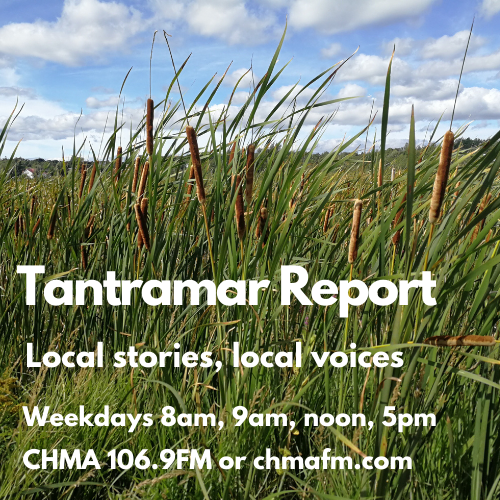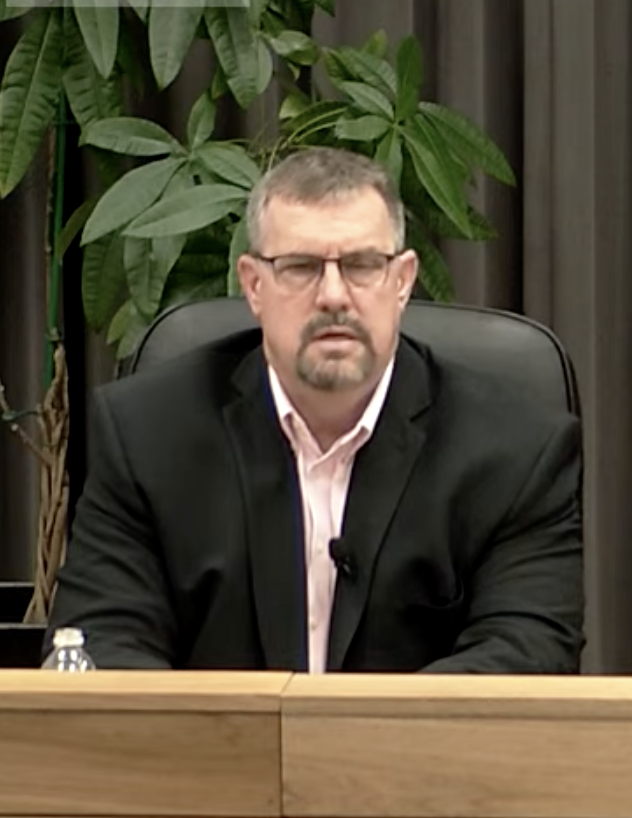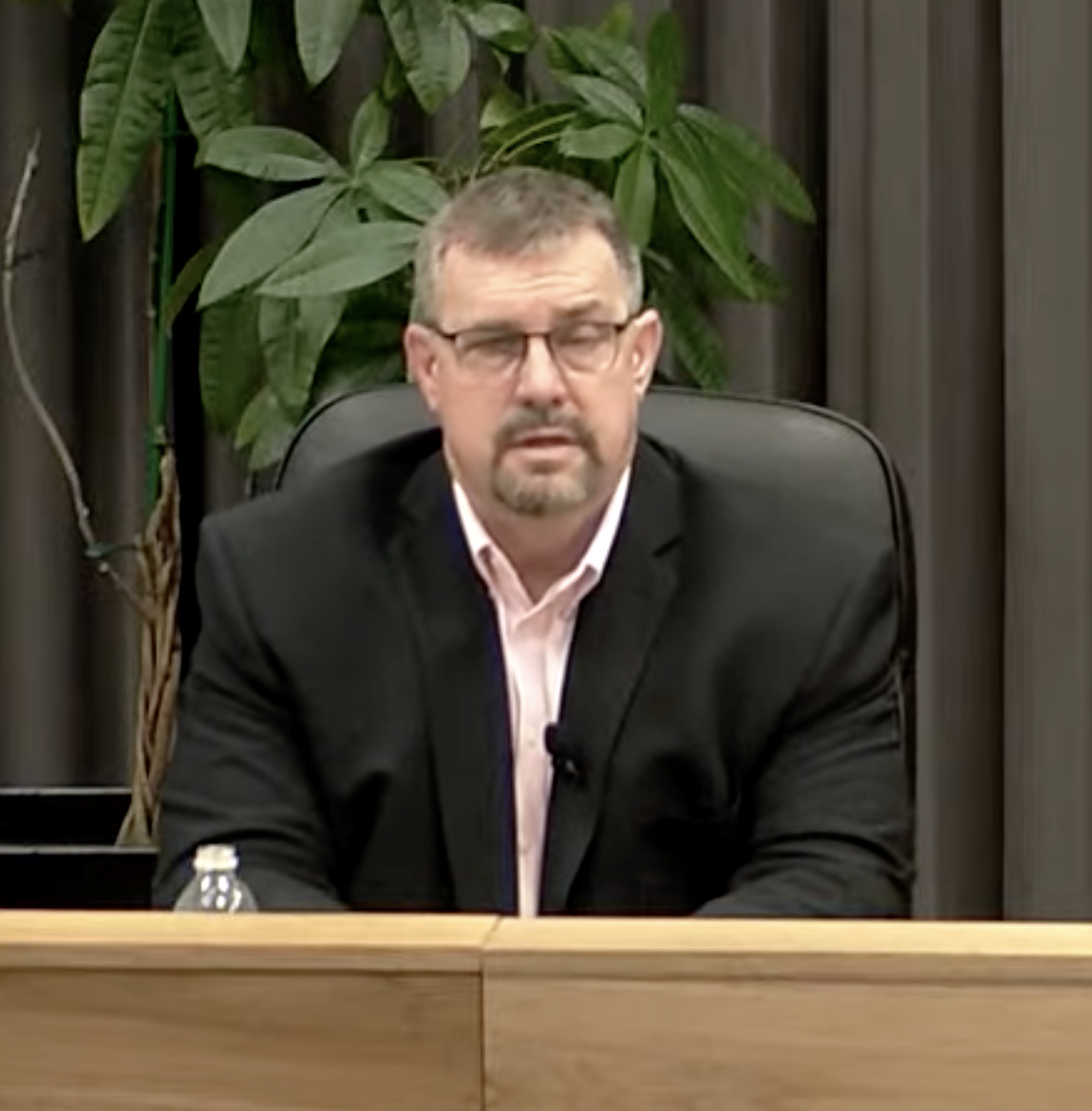Councillor says elected DECs help keep party politics out of education

On today’s show, we talk with Anglophone East District Education Councillor Kristin Cavoukian about a court action filed last week by Minister of Education Bill Hogan, seeking to dissolve the Anglophone East DEC. Cavoukian talks about the DEC’s decision to appeal a judge’s decision in its recent case against the province, and what’s at stake with the possible dissolution of the elected district council.
Plus in news briefs: Mount Allison’s Athletics Director is gone suddenly; Tantramar council decides to take a break from scheduled council meetings until August 26; and funding comes through to add pedestrian bridges to maintain a one kilometer walking loop around the new retention pond.… Continue
Anglophone East turns down Hogan request to repeal Policy 713 fix


An Anglophone East district councillor says that a letter from education minister Bill Hogan asking the DEC to repeal their supplemental policy to the education department’s Policy 713 was “incredibly vague”, and after getting legal advice, the DEC has voted to turn down the minister’s request.
“There was nothing in the letter that said which parts of our policy are in contravention of the minister’s own policy,” says Cavoukian. “So there was not a lot to go on there.”
Although it didn’t explicitly say so, Cavoukian says Hogan’s letter seemed to call for a complete repeal of the DEC’s policy, which passed this summer shortly after Hogan made a second revision to the government’s policy.
The Anglophone East policy requires staff to consult with transgender or non binary students of any age to determine their preferred first name and pronoun, and then use those consistently. That offers a stronger protection for students than the province’s revised policy, which requires teachers to get parental consent before using a name requested by a student, if they are under 16 years of age.
The province’s policy specifies that districts may create supplemental policies that are “consistent with, or more comprehensive than,” the provincial policy. Cavoukian says the Anglophone East DEC based their policy on advice in a report from the Child and Youth Advocate Kelly Lamrock, which was designed to beef up protections, without contravening the Department of Education’s policy.… Continue
Hogan’s Policy 713 changes a ‘disappointment’ for Anglophone East councillor

When teachers call students by name in the classroom, that’s a “formal” use of their name, on par with the name they have recorded in online records and report cards. That’s how Education Minister Bill Hogan has defined the term in a newly revised Policy 713 on Sexual Orientation and Gender Identity. Informal use of names, according to Hogan and the Department of Education, happens only in social interactions outside of the classroom.
The new definition means that the province’s newly revised Policy 713 now explicitly requires teachers to get parental consent before using the preferred name of students aged 15 and younger. The previous version appeared to remove the requirement for teachers to use preferred names for students under 16, but did not restrict them from doing so.

Hogan’s definition of formal name use lies in contrast to how Kelly Lamrock, the province’s Child and Youth Advocate, defined use of names in his report on Policy 713 published last week. Lamrock describes informal use of names as including “classroom communication, extracurricular and co-curricular activities, free time, and social conversation,” and he contrasts those informal uses to official school uses such as online records and report cards.
Lamrock has heavily criticized Policy 713 for creating rules around use of names for trans and genderqueer students that do not apply to other groups.… Continue
